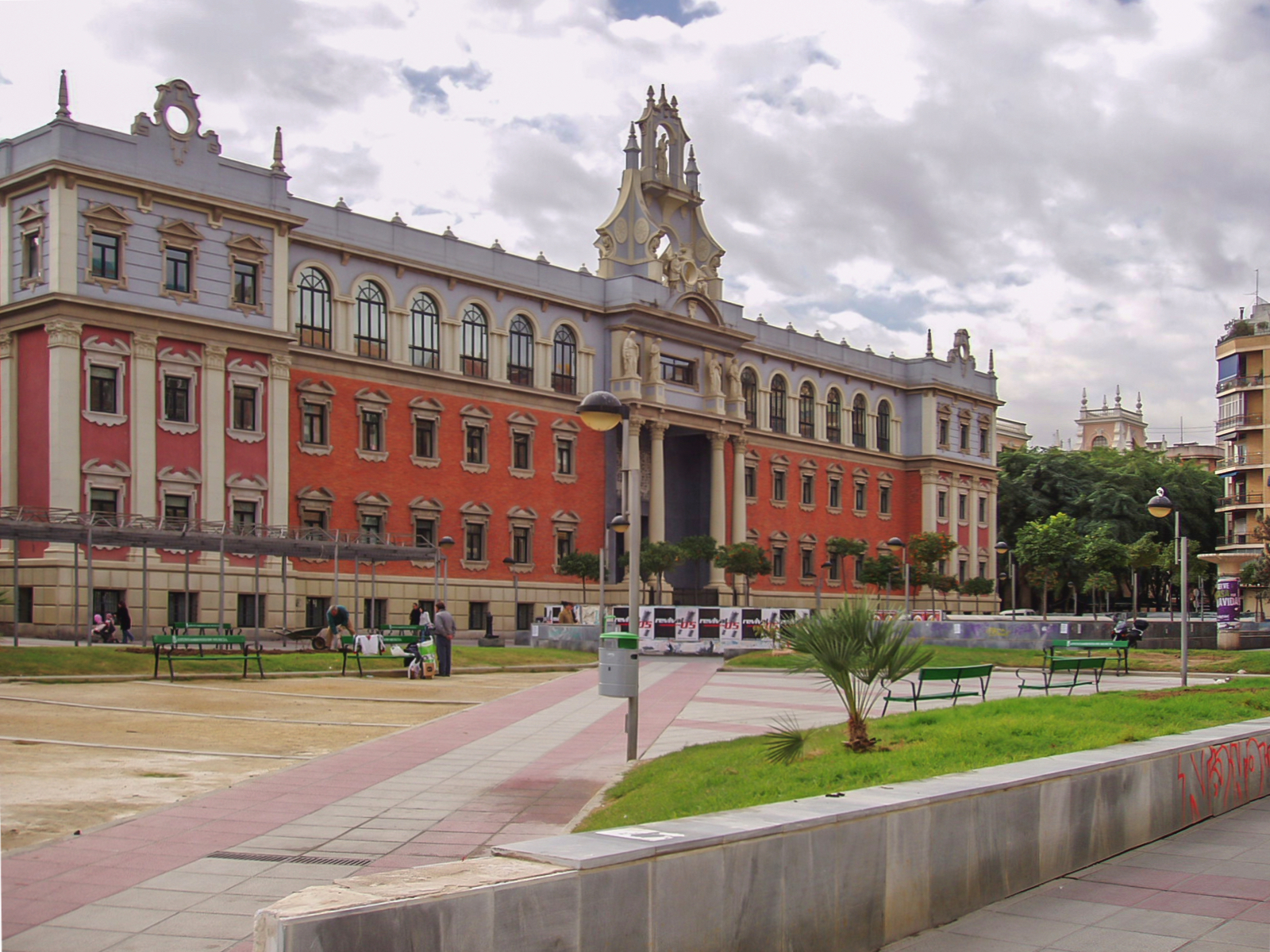When and how universities have emerged as we know them now?
The word "university" comes from the Latin universitas, meaning roughly "community of teachers and students." Within the modern definition, the first universities emerged in medieval times in central Europe during the renaissance in the twelfth(12th) century. If we look back in time and go back to 387 BC we can conclude that the first "Academy" came from Plato, Greek philosopher. This "Academy" was located near Athens, in the woods of Acadia and it its students, taught philosophy, mathematics and gymnastics.
| Plato |
Returning to the modern definition the first European Universities were founded in Italy and France to study law, medicine and theology. Before that, there were similar institutions in the Islamic world, the most famous being that of Cairo. In Asia, the institution of higher education was the most important of Nalanda in Bihar, India, where the second century Buddhist philosopher Nagarjuna.
In Europe the boys could only attend to university after completing the study of the trivium: the preparatory arts of grammar, rhetoric and logic, and the quadrivium: arithmetic, geometry, music and astronomy. Initially and for a long time only men could attend university and it was only in 1869 that the first Women university was founded by Emily Davies.
 |
| Emily Davies |
The institution is the oldest Portuguese University of Coimbra initially founded in Lisbon in 1290, one of the 10 oldest in Europe still in operation. The 10 oldest universities still in operation are:
- University of Bologna in Italy (1st)
- Oxford University in England (2nd)
- University of Salamanca in Spain (3rd)
- University of Modena in Italy (4th)
- University of Cambridge in England (5th)
- University of Padua in Italy (6th)
- University of Naples Federico II in Italy (7 th)
- University of Siena in Italy (8th)
- University of Murcia in Spain (9th)
and the
University of Coimbra in Portugal (10th).
These higher education institutions are usually established by statute or charter and old, on the occurrence of the first in medieval times, Universities were only officially recognized by the Pope.
 |
| Example of a pope Charter conceding pope bull |
In the UK, a university is defined by a royal charter and only institutions with such a document can offer degrees of any kind.
In the last decades of the twentieth century, a number of Universities with more than 100,000 students was created, taught through distance learning techniques.
Since the beginning of times the human been desired to learn and share their knowledge.
It is this desire to want to learn more about a subject that makes us evolve and Unique.
A good decision is based on knowledge and not on numbers. (Plato)












Mt bom! xp
ResponderEliminarWow, Universities have been around forever.
ResponderEliminarVery nice, very good.
ResponderEliminar